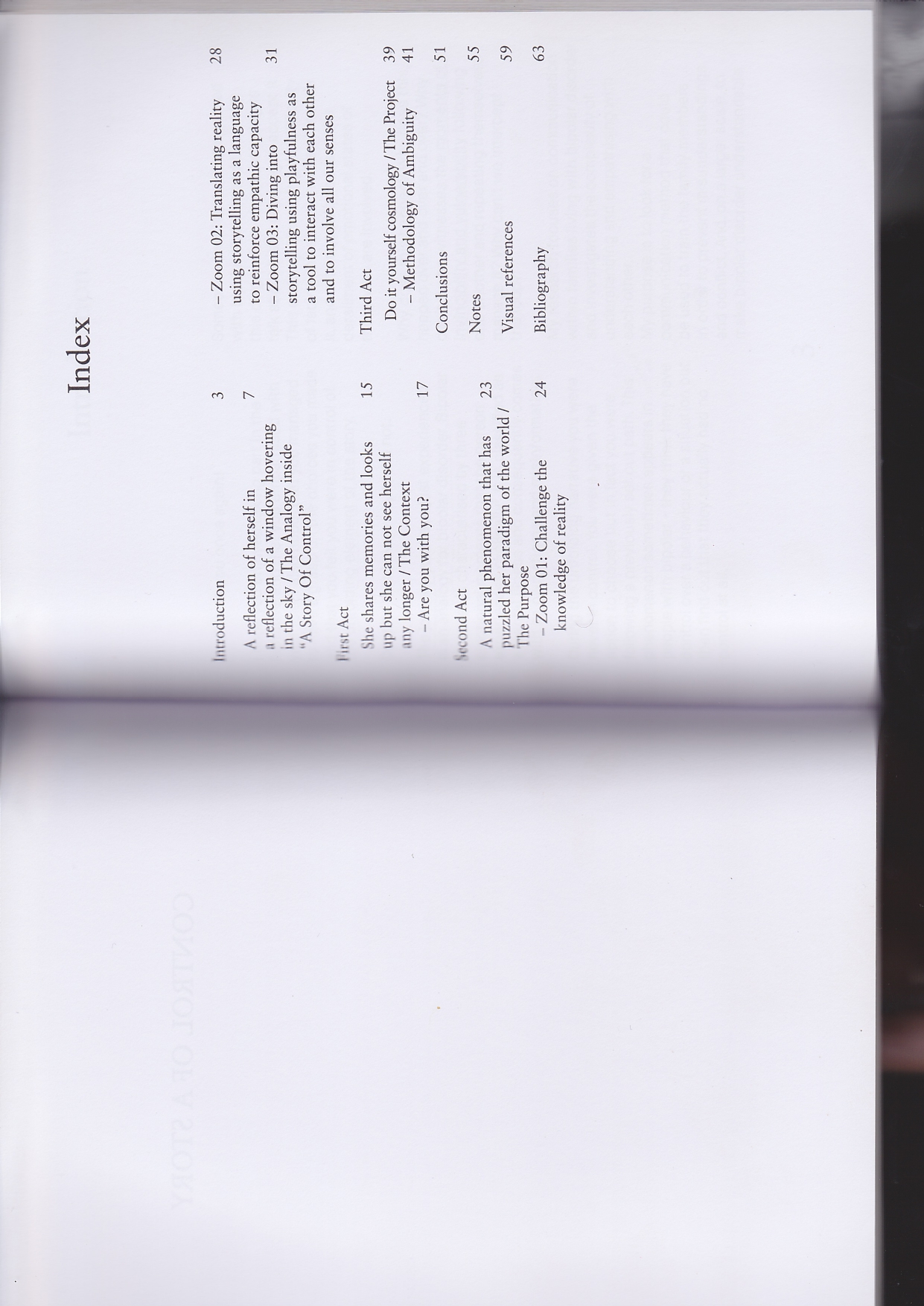1. A Story of Control
Master Thesis – MA Social Design, Design Academy Eindhoven
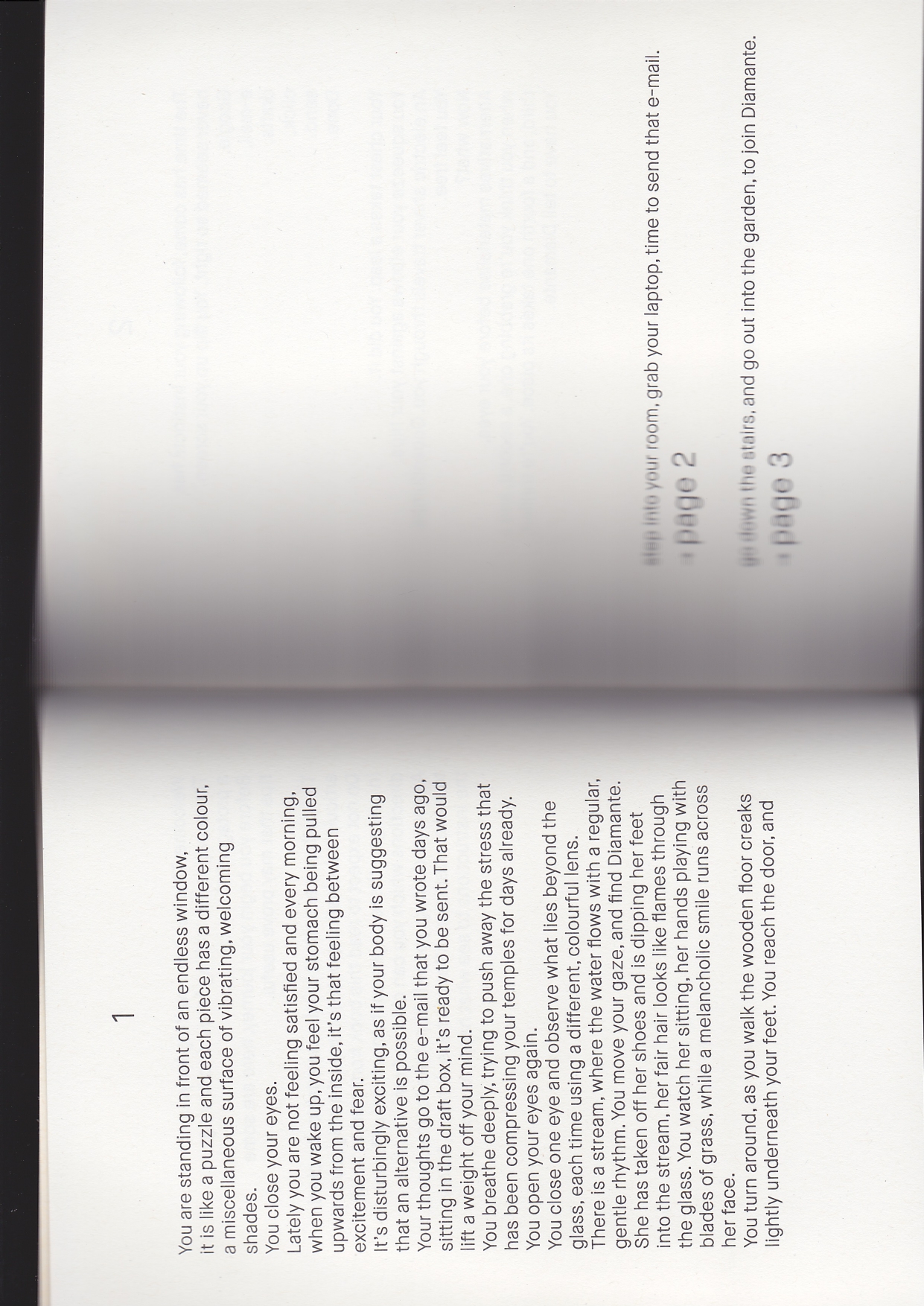
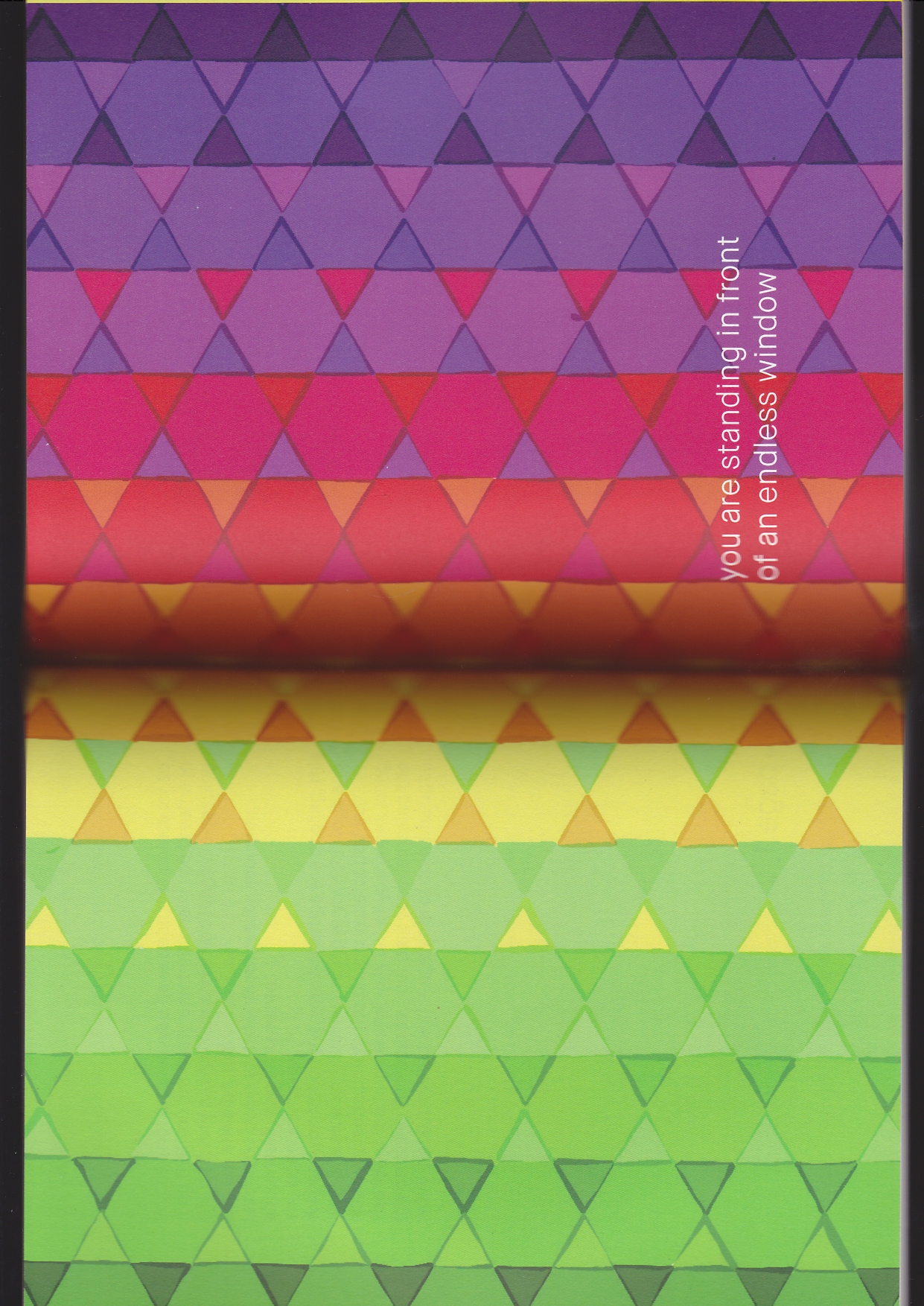
You are a traveller. Independent, vulnerable, resolute.
You can travel through dimensions, three to be precise.
On the first, the one where you were born, you always try to stay as long as possible, there you are bonded, to people you love, your work, everyday life. When you move, you don’t tell openly, but you give clues, signs that are never obvious but often cyclical.
The second dimension is warm, immense. Its inhabitants are tiny, light, and have a colossal energetic aura around them. They run continuously, quick as arrows, and when they collide their auras bounce against each other, catapulting them towards opposite trajectories, this way they don’t feel pain and they don’t have to care about the other. They spend their time darting, never stopping, colliding, bouncing back, greedy of the coming and sober of the gone.
The third dimension is cold, small, claustrophobic. Those who live there have a blurred sight and the matter of their body is nebulous. Even when squeezed into the same small space, they feel like completely alone. On these impalpable bodies, the gravity has such a vigorous effect, that they cannot move. Most choose a comfortable space to stay, still, in silence.
To survive on the first dimension you must travel to the second and the third, but the people you love don’t understand it and they don’t realise that when you switch dimension you forget the language of the previous and the following. And as you arrive in a new dimension an ever-new means of interaction have to be found.
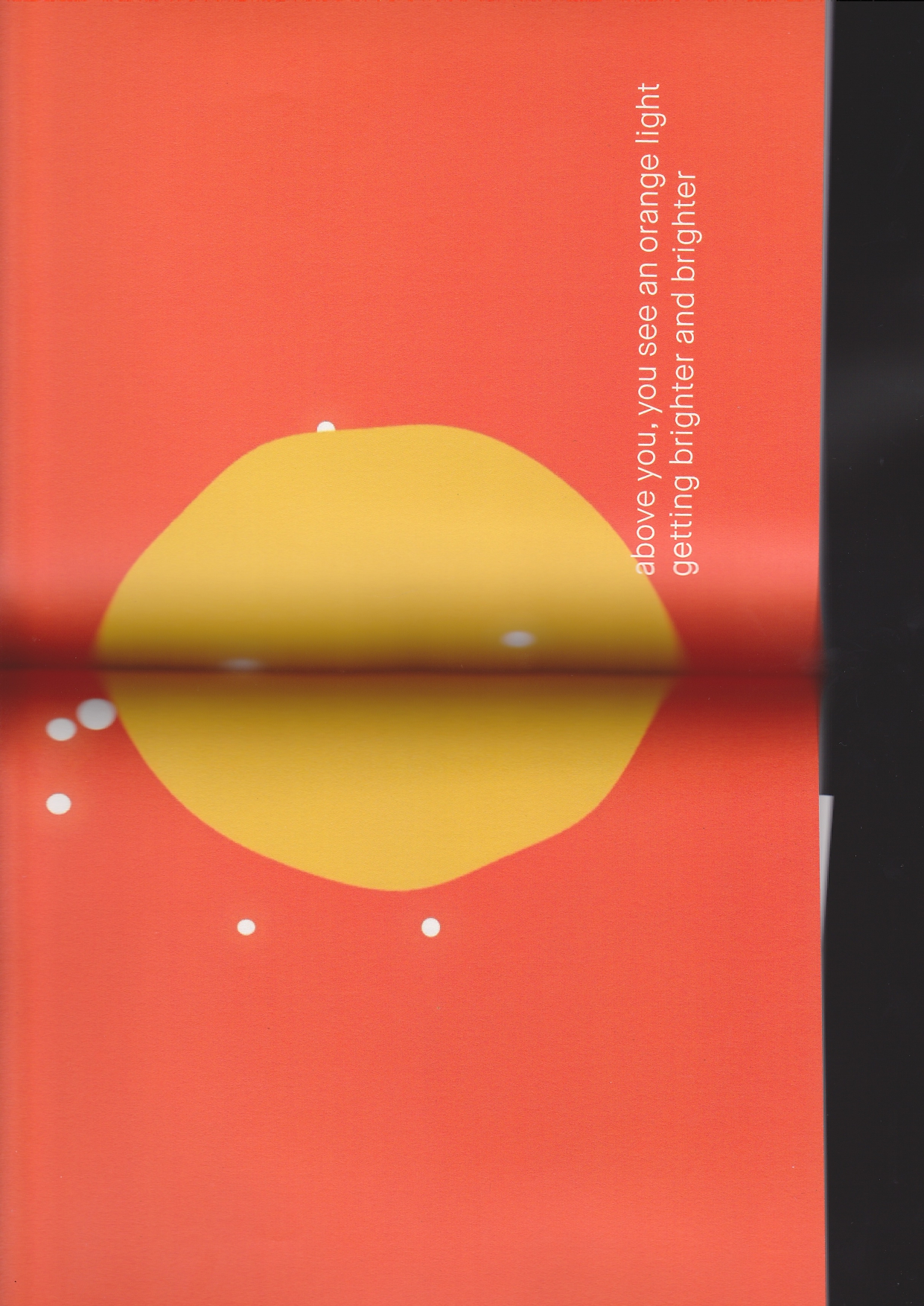
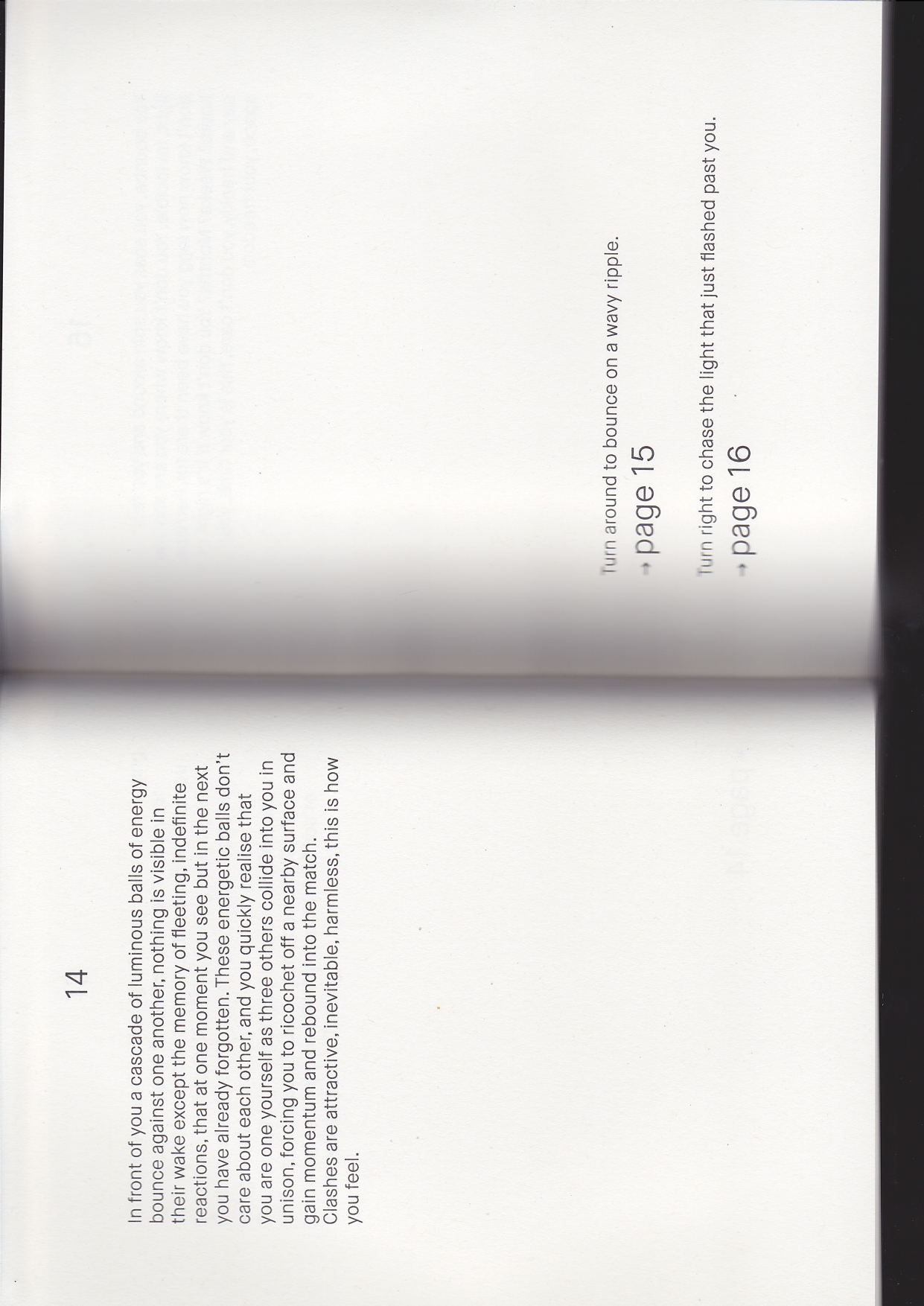
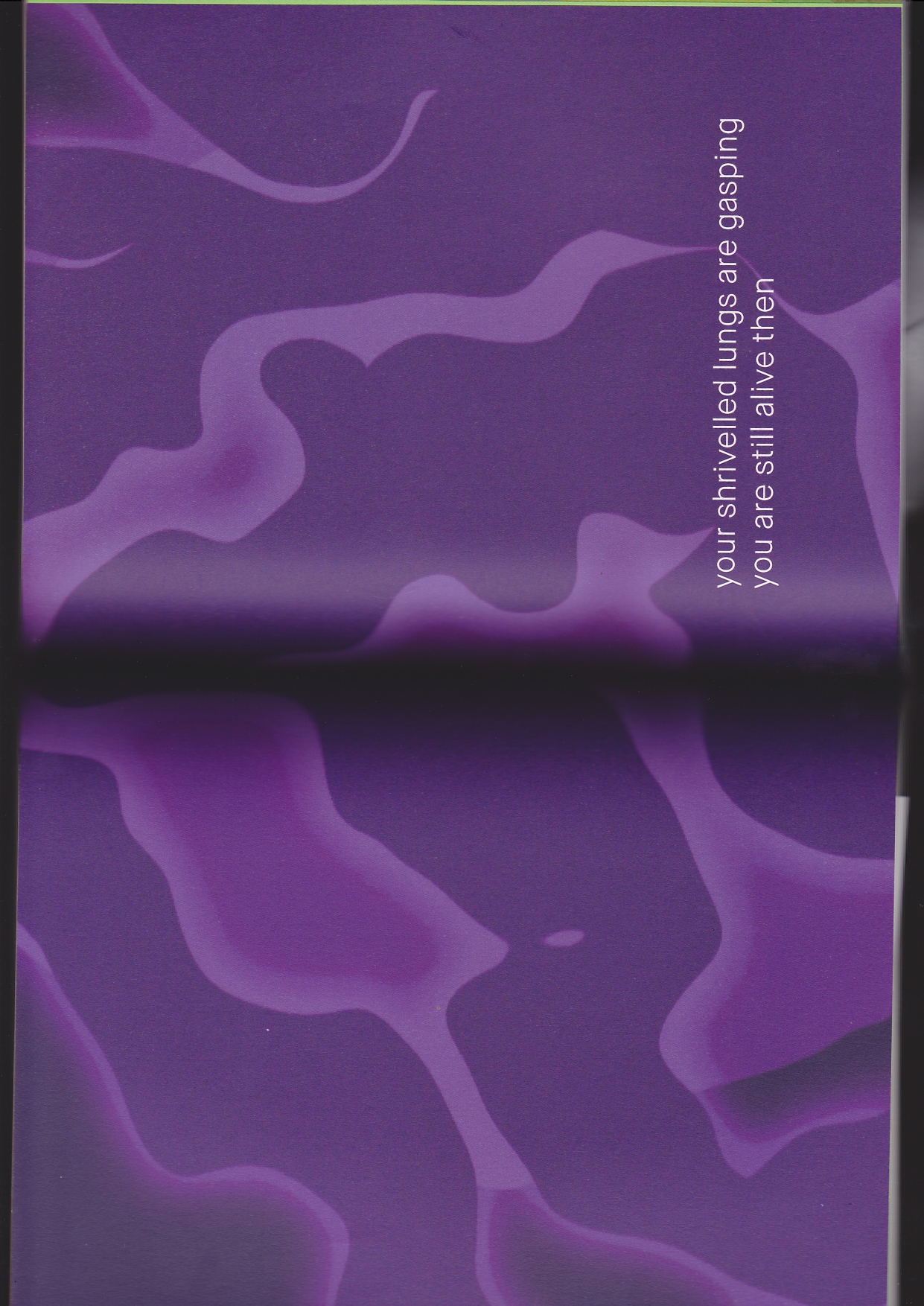
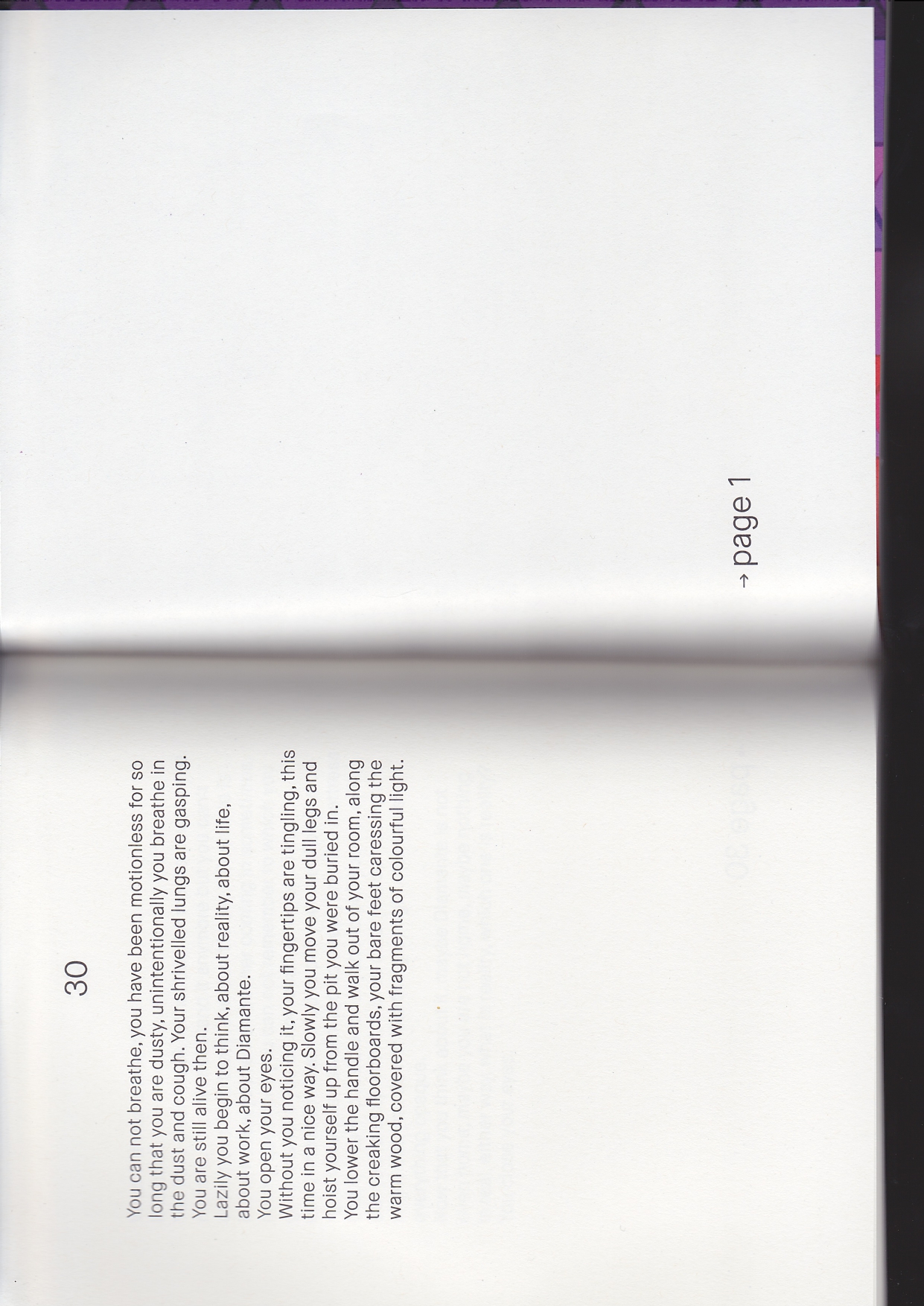
By getting to the core of the communicative process, the research explores different ways to trick and educate the lenses filtering our way of looking at others and ourselves. Using storytelling and playfulness as tools to reinforce empathic capacity and challenge our socially encoded perception of reality.
Sometimes theory is not enough to justify the dynamic of a relationship, and our instinct is often biased by prejudiced filters that interfere with our perception of others and create hierarchies. There is no possible or impossible, but a set of different perspectives, and we must learn how to shift from one to another with more flexibility.
